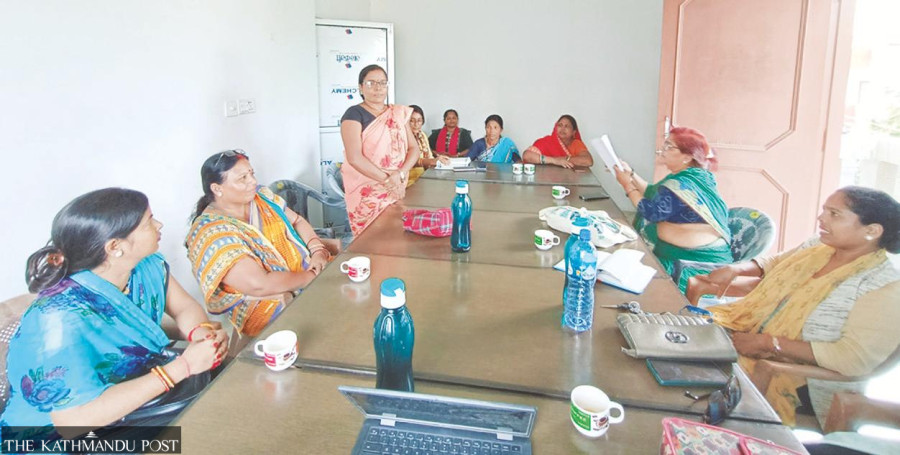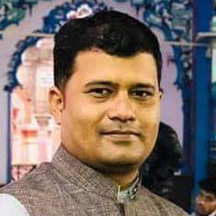Politics
Women politicians from Madhesh accuse party brass of bias in selecting candidates
Nepotism and monetary influence have held sway in candidate selection in all major parties, they say.
Santosh Singh
Women politicians from the Madhesh Province have expressed their grievances over the selection of candidates for the upcoming federal and provincial elections scheduled for November 20. Arguing that party leaderships sidelined genuine politicians who are women, a cross-party group of women leaders complained that the leadership offered tickets only to the well-connected and rich individuals.
During an interaction programme organised in Janakpur last week, the women leaders criticised the party leaderships for not fielding women candidates for the election of the House of Representatives and Provincial Assembly under the first-past-the-post (FPTP) category. The electoral alliance among the major political forces has further reduced the opportunities of women representation in the legislative bodies, they said.
“The women who have been actively involved in various movements and party activities are denied an opportunity to contest the elections,” said Bibha Thakur, the central member of Tarai Madhesh Loktantrik Party. “The women from poor and Dalit communities are deprived to compete at the polls as the parties favoured the rich, well connected and the new entrants for the upcoming elections. Even the women, though very nominal in number, are unable to raise voice for the rights of women because they have to abide by the directives issued by the male leaders.”
Thakur further said that the top leaders of all the political parties are reluctant to field women candidates in the elections. “Only a very few female candidates have been chosen and that too based on monetary influence, family relation or their connection with the influential leaders.”
Chameli Devi Das, a provincial assembly member of Madhesh Province who was elected from Janata Samajbadi Party, also accused the male-dominated party leadership of being biased against female party members. “The party leadership is reluctant to listen to us when we raise our voice for the compulsory nomination of the female candidate under the first-past-the-post system,” Das said. “The major parties nominate the male candidates by forging the electoral alliance among them.” Das cited the example of the local election in which two different parties under the alliance fielded male candidates for both mayor or chairperson and deputy mayor or vice-chairperson posts in the local bodies.
The major political parties have also decided to contest the federal and provincial elections under alliances. On the one hand is the five-party alliance of Nepali Congress, CPN (Maoist Centre), CPN (Unified Socialist), Rastriya Janamorcha and Loktantrik Samajbadi Party, and the UML has also cobbled up a coalition, joining hands with Janata Samajbadi Party, Rastriya Prajatantra Party and Rastriya Prajatantra Party-Nepal.
The woman leaders representing the Nepali Congress, UML, Maoist Centre and Loktantrik Samajbadi Party also expressed their grievances against the respective party leaderships for underestimating the female party workers.
Maoist leader Dipa Lama, who started her political career as a Maoist combatant during the decade-long insurgency, said that nepotism, favouritism and monetary influence have dominated the party while the party workers who toiled hard for political change for years have been sidelined. “The constitution ensures 33 percent representation of women in the legislature but only the women from well-off families and relatives of the influential party leaders get an opportunity,” Lama said.
Ruka Kumari Mishra, a UML member from Janakpur, echoed Thakur and Lama. “The female party leaders have been evaluated not on the basis of their contribution to the party or their merit,” Mishra said, “but on the basis of monetary influence and their connection with influential party leaders.”




 18.12°C Kathmandu
18.12°C Kathmandu















